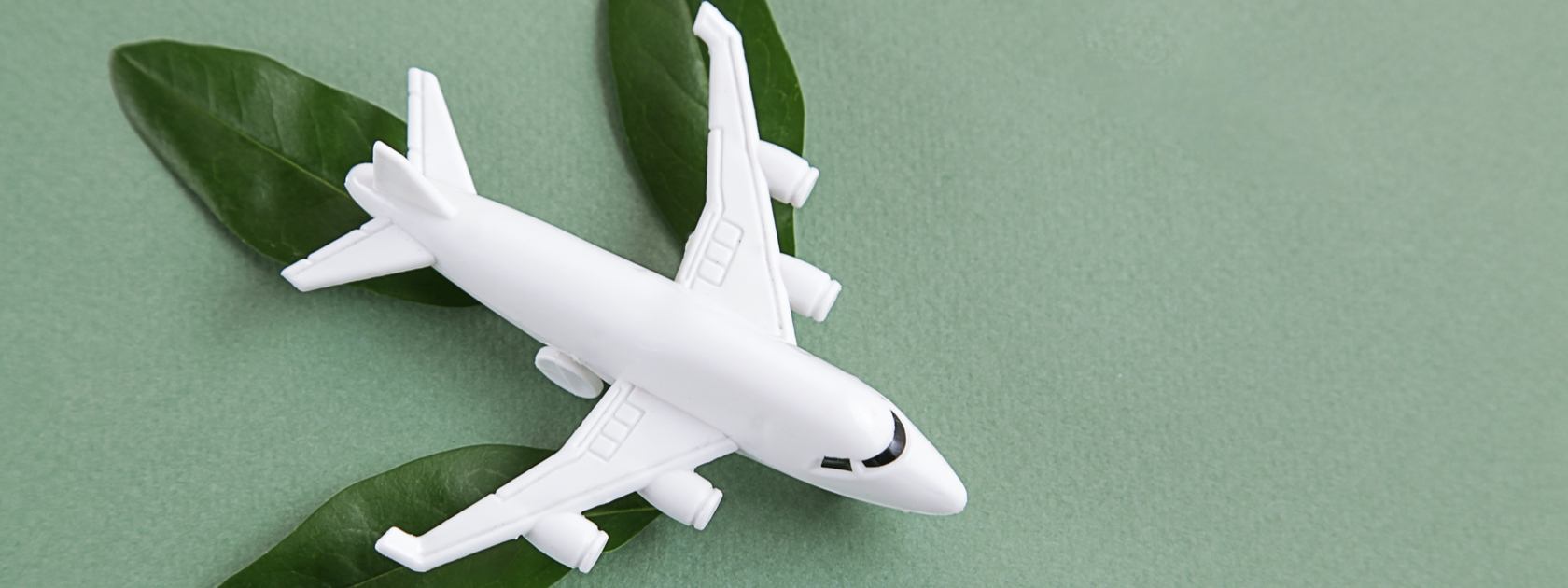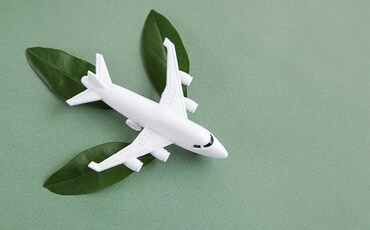How the Circular Economy Can Inspire Change in the Aviation Industry
A paradigm shift in the way products are designed, sold and continuously reused is helping the circular economy gather pace. It’s easy to get distracted and not think twice about our impact on the planet. Still, as private jet charter continues to grow, a more environmentally friendly approach is needed in the aviation industry.
Can we take inspiration from some of the innovative companies out there creating more durable products with a longer life span? We think so! We share some remarkable insights from a company taking a different approach and how this relates to more environmentally friendly alternatives in aviation.
What is the circular economy?
The circular economy is the opposite of the linear economy, which follows a pattern of creation, consumption and disposal. We must stop throwing things away if we’re going to save Planet Earth. To give an example, one area in desperate need of reform is tech.
Globally, discarded computers, smartphones, tablets, and other electronic waste have a potential annual value of C$79 billion from their precious materials, including the chemical elements gold, silver, copper, platinum, and tungsten indium. This is exacerbated by so-called “planned obsolescence,” where companies intentionally shorten the lifespan of products or make them impossible to repair to safeguard demand and future sales.
These unfortunate technology trends are being challenged by Swedish speaker company Transparent, which is on a mission to become “the first circular tech brand” by making timeless, modular electronics that can be upgraded forever as new technologies emerge.
Circular economy example: Transparent
“There has to be a better way to manage our common resources because the way the industry works right now is… what’s the British word? Bonkers?,” Per Brickstad, co-founder of Transparent, told Air Charter Service’s Cloud Magazine. “We continuously buy and throw away super-precious materials that could have a lifetime of a hundred years, and instead, they get two. We believe there are better ways to do this that do not compromise on the user experience.”
This sounds ideological, but Transparent has already put this into practice with a range of wireless speakers made from glass, steel, stoneware, wood and aluminum. Its products come with instructions on how to dismantle them, while its circular-services platform provides modular component upgrades when something needs replacing or repairing. The company’s latest product, the Light Speaker, is a Bluetooth-connected musical lantern that swaps a real flame with a sound-activated “vibrating bass-and-light element” to faithfully recreate the glow. Made from borosilicate glass and aluminum, it can be repaired or upgraded over time.
The staff at Transparent are disruptors – ex-Nokia engineers who left the Finnish telecommunications giant after their vision of a circular economy fell on deaf ears. They are masters of their own destiny, if you like, but if a real global impact is going to be felt, it requires big business to play ball.
The aviation industry and the circular economy
According to the Air Transport Action Group, the global aviation industry produces about 2% of the world’s overall human-induced carbon dioxide emissions. Although this is lower than other sectors, the reality is that this percentage will increase. Action needs to be taken now to ensure a more sustainable future before it’s too late.
So, how can the aviation industry take inspiration from companies like Transparent? According to the International Civil Aviation Organization, this concept – while not as widespread as it should be – is being implemented in aircraft, flights and aerodromes. If we take a look at the number of airplanes in so-called “boneyards,” for example, there is an opportunity to reuse and recycle end-of-life aircraft materials. According to the International Civil Aviation Organization, this concept – while not as widespread as it should be – is being implemented in aircraft, flights and aerodromes.
Other ideas include taking inspiration from Transparent’s speakers, designing aircraft materials to last longer in the first place, or making materials that can easily be recycled or upgraded (preventing aircraft from having to go to a boneyard at all.)
If we think about the interior of a private plane, many elements could be reused or recycled, from leather seats to light bulbs. Beyond passenger travel and private plane charter, the air cargo industry could also benefit from more environmentally friendly industrial packaging and storage containers, which currently involve cost-effective but highly pollutive plastic. On the ground, and in flight, there could also be much more of a focus on reducing energy, water and raw material consumption.
While these changes may take some time to implement, it is encouraging to know that there is so much interest in developing greener alternatives. One of the most prominent measures, which we have talked about before, includes more sustainable fuel alternatives, which can help make flying more eco-friendly and more cost-effective in the long run.
Book your flights with an eco-conscious company like ACS
If sustainability and lessening your carbon footprint are important to you, rest assured that this is also a priority for us here at Air Charter Service (ACS) as the private plane rental industry continues to evolve. Whether you’re looking for a private flight to get from A to B, or would like to work with an experienced air freight carrier, contact us for more information.
Also, be sure to check out the ACS Corporate Responsibility page to read more about our commitment to lessening our carbon footprint.

 The circular economy is in full swing. Many companies are more conscious about their carbon footprint and making products that can be continually upgraded and repurposed instead of just being replaced. What can this kind of progressive thinking bring to the private jet charter industry?
The circular economy is in full swing. Many companies are more conscious about their carbon footprint and making products that can be continually upgraded and repurposed instead of just being replaced. What can this kind of progressive thinking bring to the private jet charter industry?



